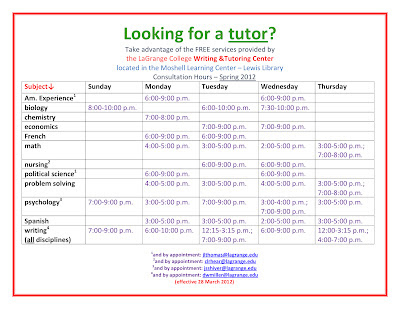Women's History Month is this March and celebrated its 100th birthday last year. As an appetizer, I discovered this poem from an 1894 cookbook and its words still have relevance today. Bon appetit!
Recipes - 1894 Style
~ from Jone Johnson Lewis, Women's History Guide "We may live without poetry, music, and art;
We may live without conscience, and live without heart;
We may live without friends; we may live without books;
But civilized man cannot live without cooks."
--OWEN MEREDITH
MARION, OHIO:
PRESS OF KELLEY MOUNT.
1894

Sometimes exploring a simple item such as a pecan can take you down a path that brings discoveries far beyond what you had anticipated. I had been collecting pecans both on and off campus and wanted to find some recipes that went beyond pecan pie. As so often happens, my search turned into something else and these three book selections are the result. Although I didn't find any recipes using pecans, I discovered some wonderful books that explore women's history seen through their cooking. The table of contents in each of these ebooks reveals the vast store of information that is available on this subject and helps the reader understand why the cookbook section at the book store is always so popular and why the titles are so evocative of women's work.

The first selection is A Thousand Years over a Hot Stove: A History of American Women Told Through Food, Recipes, and Remembrances by Laura Schenone. This is her first book and while perusing the pages found that she has included not only numerous old recipes but historical photographs of women cooking, advertisements from the 1920's as well as a terrific assortment of historical facts and sayings that track the history of women and food from prehistoric times to the present. The cover photograph says it all.
Although not as replete with photographs as the previous recommendation, Janet Theophano's Eat My Words "shows how women have used cookbooks to assert their individuality, develop their minds, and structure their lives. Beginning in the seventeenth century and moving up through the present day, Theophano reads between the lines of recipes for dandelion wine, 'Queen of Puddings,' and half-pound cake to capture the stories and voices of these remarkable women." She provides documented research on such topics as "Cookbooks as Autobiography" and "Cookbooks as Communities" and her extensive bibliography will enable the reader to pursue further research.

The third selection is an ebook titled Secret Ingredients: Race, Gender, and Class at the Dinner Table by Sherrie A. Inness. The table of contents itself is an interesting look at culture and social mores and how women have used cooking and recipes to assert their independence and rebel against the status quo. From the first chapter, "34,000,000,000 Work Hours Saved: Convenience Foods and Mom's Home Cooking" to "Thin is not In: Two Fat Ladies and Gender Stereotypes on the Food Network", Innes paints a broad brush on a topic as unremarkable but additionally complex as the dinner table.
This ebook can be found in its entirety in the LaGrange College Library catalogue. Synopses & Reviews from Powell's Books
http://www.powells.com/biblio/61-9781403970084-1
Synopses & Reviews from Powell's Books
http://www.powells.com/biblio/61-9781403970084-1
"In Secret Ingredients, acclaimed author Sherrie A. Inness exposes how women have used recipes and cooking to challenge the status quo. Hiding within seemingly ordinary cookbooks are revolutionary messages from women about social and cultural norms. Surprising but true, something as mundane as a cookbook can contain subtle and not-so-subtle protests against traditional and accepted viewpoints. Exploring cookbooks including 1950s convenience food, 1970s natural food, 1980s "white trash" cuisine, and the surprise success of the Two Fat Ladies books from the 1990s, Inness reveals recipes for social change in Mom's pot roast and even mini-marshmallow Jell-O salad. She shows that cookbooks are rich and complex, and reveal more than they seem to about women's evolving role in society. Secret Ingredients uncovers how modern cookbooks continue to be a valuable tool for understanding the ways race, class, ethnicity, and gender intersect in the United States."
Recipes, 1894 style
The recipes in this collection are representative of cooking in America in the late 19th century, and the compilation of a cookbook shows the ways in which women were beginning to organize and act both within their traditional roles and outside of traditional expectations. The recipes are presented exactly as written in 1894, and may not conform to current nutritional or food preparation standards. Try at your own risk.
From:
Recipes Tried and True
Compiled by the Ladies' Aid Society of the First Presbyterian Church, Marion, Ohio, 1894








